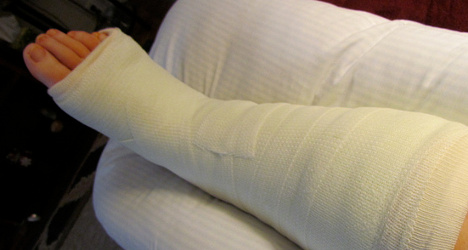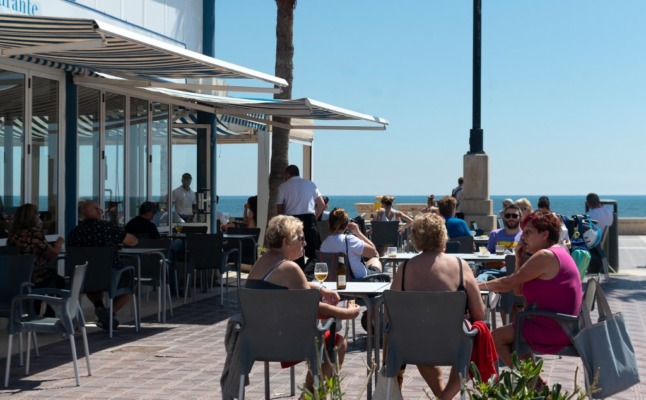23-year-old Adrián García has not been able to do sport or any form of demanding physical exercise since he suffered a serious fall in the mountains at the age of 14.
Last Monday he underwent surgery at Arnau de Vilanova Hospital in Valencia in the hope that he would be able to live a normal, healthy life like other people of his age.
The complex operation proved to be a success and by Thursday García was ready for the orthopaedics department to fit a prosthesis that would keep his leg straight while healing.
But the orthopaedics company rejected the young man’s claim for the prosthetic device after he told them his family would only be able to pay the €152 it cost at the end of the month.
They removed the initial apparatus and put his leg in plaster; a decision that García insists has meant his knee is not immobile and may never recover.
“I might never be able to walk properly again,” García told local news daily Levante EMV.
“They never told us we had to pay for the prosthesis before the operation,” argued his sister María Dolores.
“Had they told us beforehand, we would have found the way somehow. But they didn’t tell us until they were actually putting it on him.”
Valencia’s regional government informed the family that the orthopaedics department was following standard procedure as only internal prosthetics are covered by Spain’s social security.



 Please whitelist us to continue reading.
Please whitelist us to continue reading.
Member comments